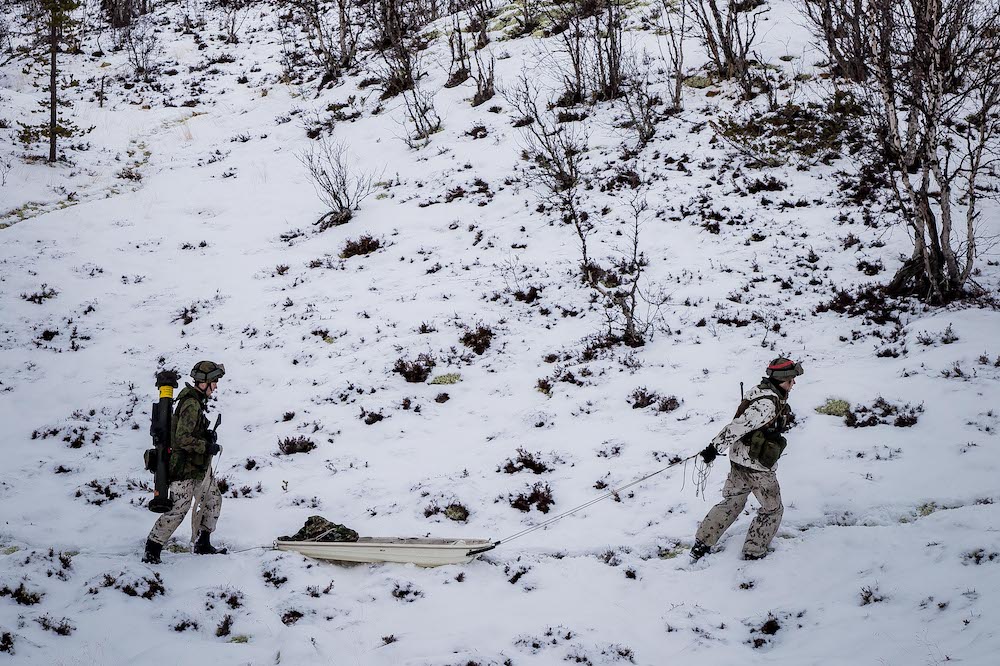Safe for now, Finland fears potential military spillover into ‘strategically important’ North
Finland isn't a NATO member, but views the alliance as a “source of stability” as great power competition makes its neighborhood more strategically significant.

Finland’s defense ministry says it will restructure its armed forces amid a “tense and difficult-to-predict” security situation that has seen increased military activity in the Arctic.
In a report submitted on September 9 to Eduskunta, the national assembly, detailing the needs of the armed forces through to the end of the decade, the defense ministry described the increased rivalry between the U.S., Russia and China as “undermining” Finnish security.
Realigning Finland’s military forces will prepare the country to counter a conventional military attack, while at the same time giving it the capacity to defend against “broad-spectrum influencing” through improved cyber and information defense and strategic communication.
“Our cyber defense must be strengthened and given the tools they need,” the Antti Kaikkonen, the defense minister, said during presentation of the report.
[In face of uncertainty about Russia, a Nordic gang of four emerges]
To accomplish this, the defense ministry proposed adding 500 service members to Finland’s 21,500-strong military by the end of the decade.
Military force, it warned, would remain a tool used by all three great powers to accomplish their national goals in the coming years, but it expressed particular concern about Russia and its “significant conventional warfighting capabilities” in Finland’s neighboring areas.
“From the perspective of the great powers, Finland is located in a strategically important region. Moreover, from a military-strategic perspective, northern Europe is seen as one theatre of operations during a possible Europe-wide conflict.”
Russia, according to the defense ministry, continues to harbor ambitions of establishing a sphere-of-influence-based security regime in Europe. And Moscow’s recent actions show that it was more likely to resort to military force to accomplish its goals.
“The use of military force remains a central tool for Russia and using force or threats of using military force cannot be ruled out,” it said.
[US, Britain, Norway and Finland came to monitor Russia’s Arctic military exercises, reports Interfax]
While the report emphasizes that Finland is not under any immediate military threat, the defense ministry warned that increased tension in one region may lead to increased military activities in other regions.
“Russian security thinking aims to achieve strategic depth and a broad operational area, reaching from the Arctic regions to the Black Sea and on to the Mediterranean. Northern Europe and the Baltic Sea region are a central part of this larger space.”
The Arctic, according to the defense ministry, has taken on a greater role in the rivalry amongst the U.S. and its allies, Russia and China as navigation in the Arctic Ocean has become more feasible, and as opportunities improve for exploiting natural resources.
Although officially neutral, Finland, according to the defense ministry, considers the U.S. a military “partner” and NATO a “source of stability,” and has not ruled out seeking membership in the alliance.